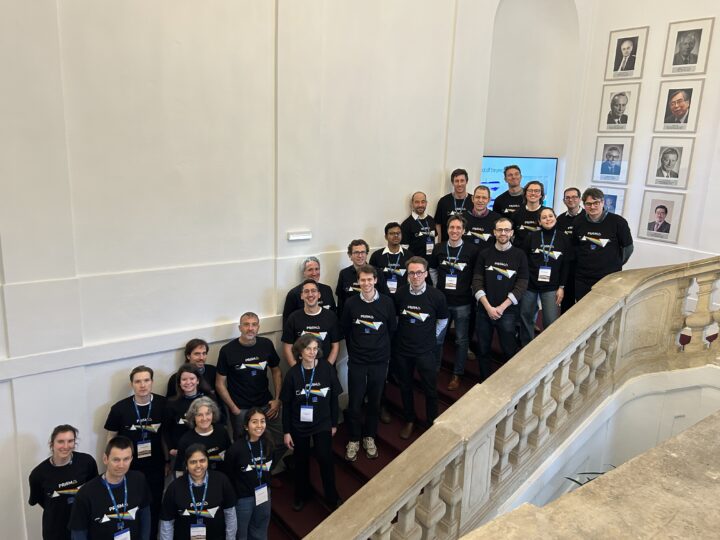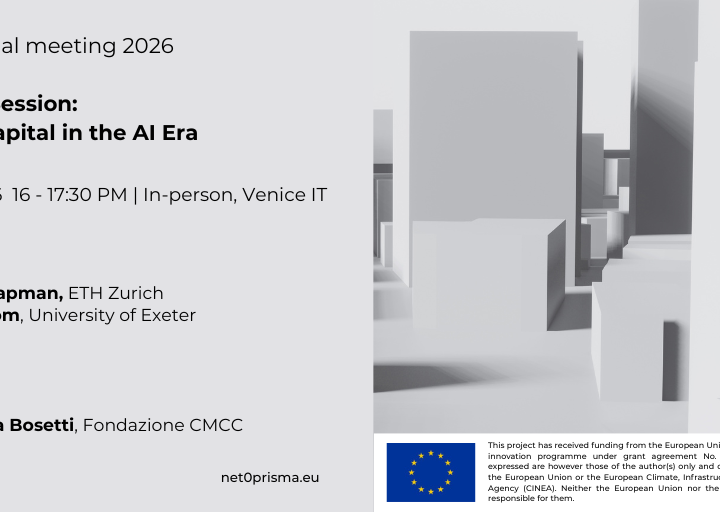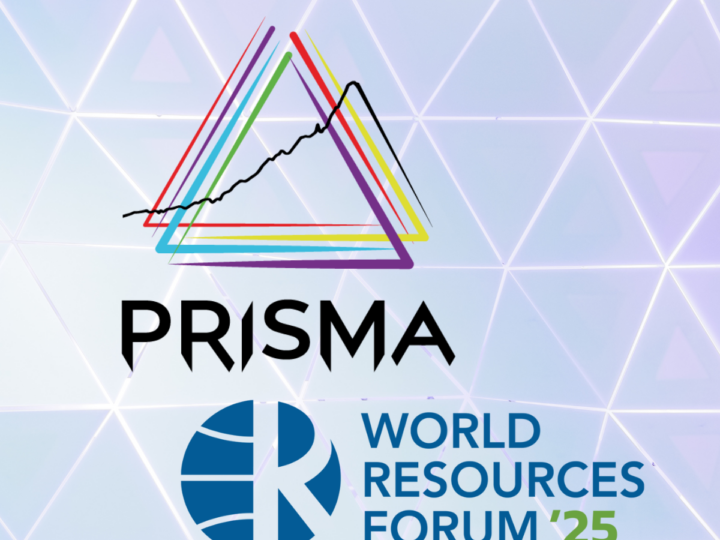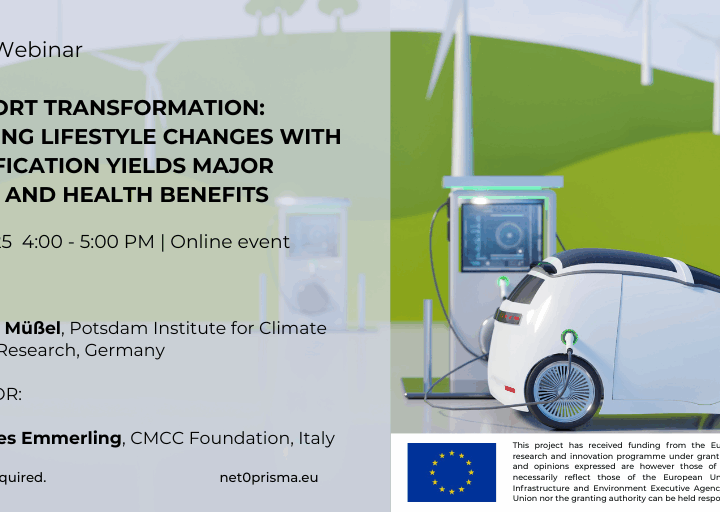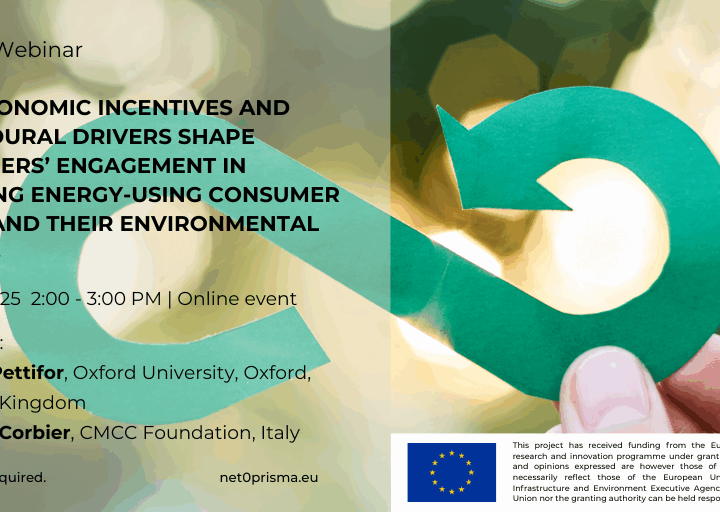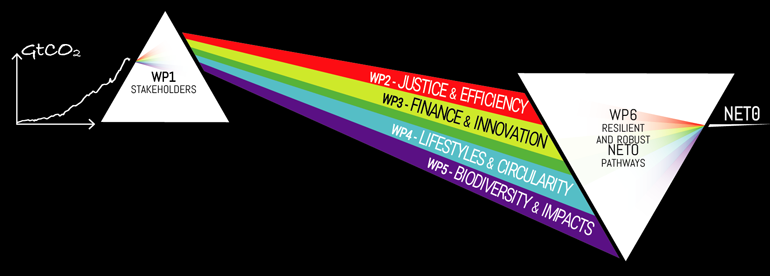

Latest news
- PRISMA Summer School 2026 – CALL FOR APPLICATIONS
- PRISMA project meeting @IIASA, Laxenburg, Austria
- PRISMA Webinar on March 11, 2026, 12:00 – 1:00 pm
- PRISMA Keynote Session: Natural Capital in the AI Era
- Critical Raw Materials and the energy transition: PRISMA at the World Resources Forum 2025
- Follow up & key takeaways: PRISMA Webinar on Nov 18, 2025
- Follow up & key takeaways: PRISMA Webinar on Oct 21, 2025
- Follow up & key takeaways: PRISMA Webinar on Sept. 16, 2025



